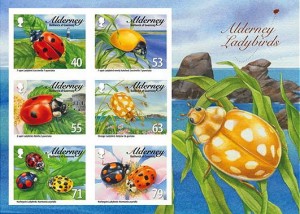A decline in wildlife is threatening core functions of the ecosystem that are vital for human wellbeing, researchers behind an unprecedented study of biodiversity in the UK have warned. Hedgehogs, hoverflies, moths and birds are among the groups in most serious decline, with individual species under particular threat including the common red ant, red shanked carder bee and the common banded hoverfly. The findings are based on what is believed to be the biggest analysis of British wildlife ever conducted, with researchers from the University of Reading and the Centre for Ecology and Hydrology looking at records covering 4,424 species, collected between 1970 and 2009. Among species considered pollinators – such as bees, moths and hoverflies – 28% are in decline, while 16% of those that act as natural pest controllers, such as ants and ground beetles, have witnessed significant losses. Dr Tom Oliver, an ecologist at the University of Reading who led the study, told the Guardian that continued losses among wildlife performing those functions would lead to significant rises in the price of food, with some food groups likely to become unavailable. “Under current trends we are moving towards the loss of species and the ecosystem functions that are vital for human wellbeing, especially pollination and pest control,” he said. “We need insects to pollinate our crops – we can’t do it by hand – and if we lose natural pest controls, less food will be available. If we lose those functions, the crops we eat won’t be able to be pollinated so the price of food would go hugely up and certain foods we wouldn’t be able to eat such as fruits including strawberries, raspberries and apples.”
Source: The Guardian, 8 December 2015
http://www.theguardian.com/environment/2015/dec/08/wildlife-decline-thr…

- Log in to post comments
